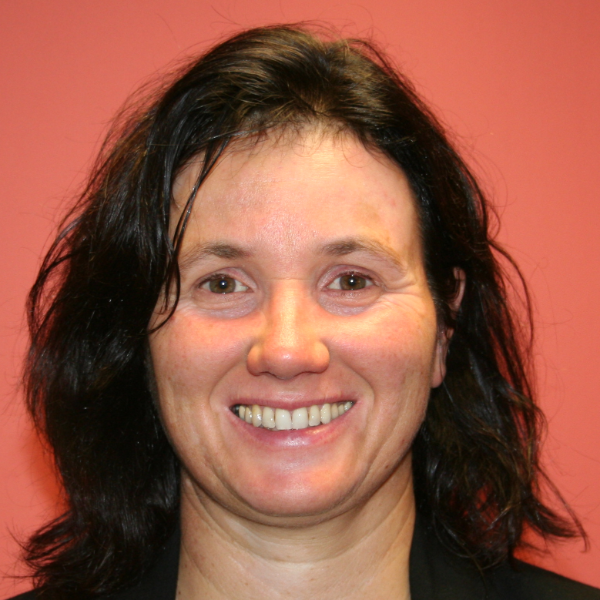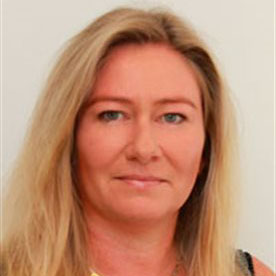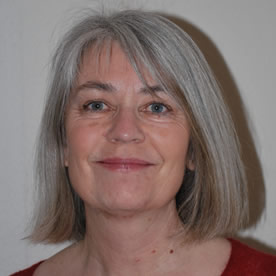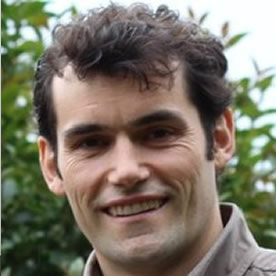We are happy to inform you that after the second successful Biennale the 3rd VPL Biennale will take place on May 7 and 8, 2019. We welcome you in Berlin, Germany.
The 3rd VPL Biennale aims at strengthening the platform for policy makers, practitioners, users, researchers and other stakeholders that are involved in further developing & implementing Validation of Prior Learning.
The VPL Biennale is about sharing knowledge, ideas and visions on VPL and about the creative process of learning from each other’s successes, problems and solutions in ‘the VPL-world’.
Join us in drafting and adopting the Berlin Declaration on VPL, which paves the road for a stronger and more sustainable implementation of VPL!
Location: dbb forum berlin, Friedrichstraße 169, 10117 Berlin, Germany.
Evening reception: Bertelsmann Representation, Unter den Linden 1, 10117 Berlin, Germany
- Why this Biennale?
 All across the globe, countries face big challenges in their working and learning systems, both qualitatively (the need for lifelong learning and the updating/upskilling of people, reducing poverty and illiteracy) as well as quantitatively (demographic challenges, drop-outs, (im)migration, retention).
Much research has been done (and is going on) on the added value of the learning outcomes approach in National Qualification Frameworks (NQFs), the effectiveness of Human Resources Management-systems (HRM) and the methods for Validation of Prior Learning (VPL).
All across the globe, countries face big challenges in their working and learning systems, both qualitatively (the need for lifelong learning and the updating/upskilling of people, reducing poverty and illiteracy) as well as quantitatively (demographic challenges, drop-outs, (im)migration, retention).
Much research has been done (and is going on) on the added value of the learning outcomes approach in National Qualification Frameworks (NQFs), the effectiveness of Human Resources Management-systems (HRM) and the methods for Validation of Prior Learning (VPL).
- Mission & Central theme
Validation for integration and growth! Globalisation, digitalisation and migration are changing the way we work and learn. Increasing skills mismatches and the challenge to integrate all learners into work and education call actors from formal, non-formal and informal sectors to action. Validation of prior learning (VPL) as a stimulus and ‘guide’ for sustainable personal, organisational and societal development is more relevant than ever. Join us in drafting and adopting the Berlin Declaration on VPL! The mission of the 3rd VPL Biennale is to bring together VPL experts, practitioners and policy-makers from all sectors dealing with validation. We want to provide a forum where you can exchange knowledge, ideas and visions on how to make VPL policies work. The collection of good practices and recommendations will result in the formulation and public adoption of the Berlin Declaration on VPL. This declaration paves the way for a stronger and more sustainable implementation of VPL. Six policy areas in focus! The 3rd VPL Biennale focuses on taking stock of what has been achieved in terms of policy development and implementation in recent years and how to move forward. Six VPL policy areas will be investigated:
- Organisational arrangements
- Financing
- Procedures and instruments
- Support structures
- Post-validation pathways
- Legal foundations
- Questions to be answered
The following questions will be the organising principle for the work sessions.
- How can bridges be built among stakeholders from the worlds of business, volunteering, and education in order for VPL results to have value?
- What forms of financing have to be in place in order to make VPL accessible to all learners?
- What kinds of procedures and instruments provide valid results and can cater for a large number of candidates?
- What support structures have to be available in order to reach disadvantaged learners?
- What measures of follow-up are required for validation to facilitate further learning and career paths?
- What issues need to be addressed by laws and regulations for VPL to be effective?
The Biennale Committee 2019

Martin Noack
Bertelsmann Stiftung

Heidi Bolton
South African Qualifications Authority – ‘SAQA’

Antra Carlsen
Nordic network for Adult Learning

Ruud Duvekot
EC-VPL, the Netherlands

Bodil Husted
NVR – VIA University College

Anni Karttunen
Globedu

Raul Valdes Cotera
UNESCO Institute for Lifelong Learning

Lieve van den Brande
European Commission, DG Employment, Social affairs and Inclusion

Ernesto Villalba-Garcia
European Center for the Development of Vocational Education and Training, CEDEFOP
Partners










